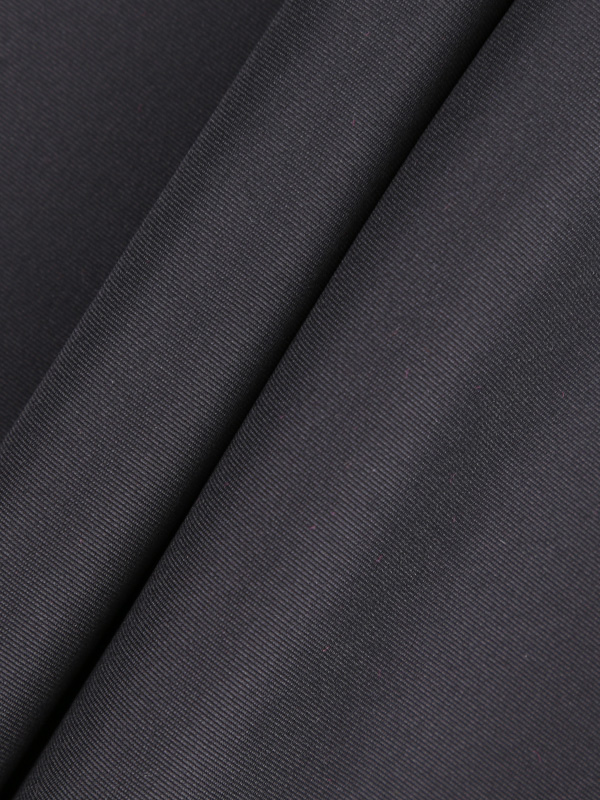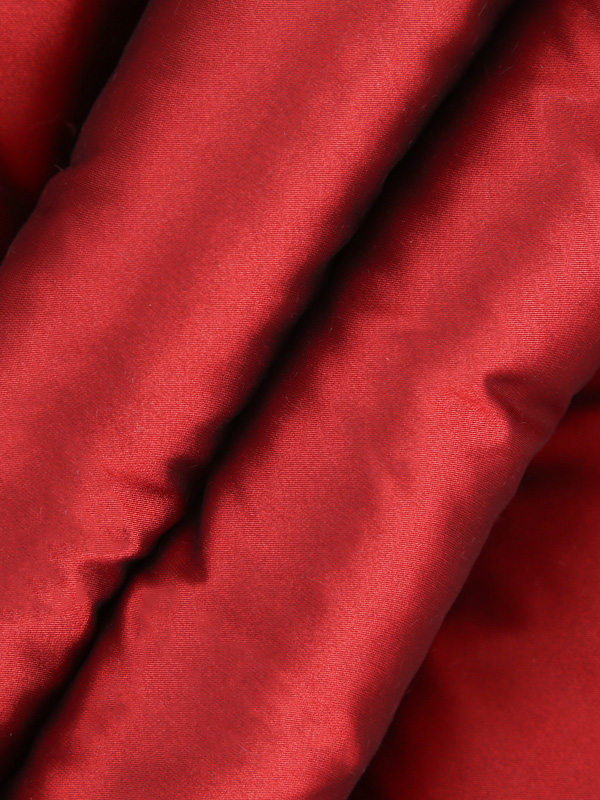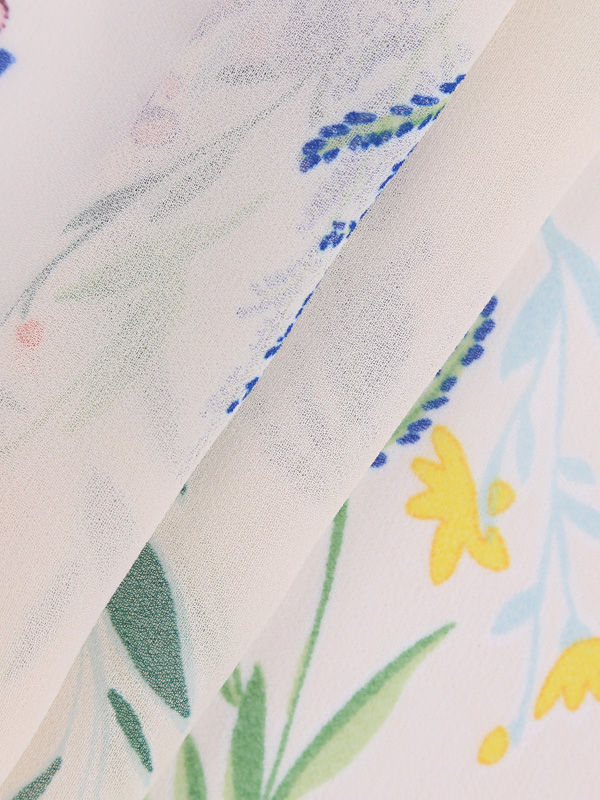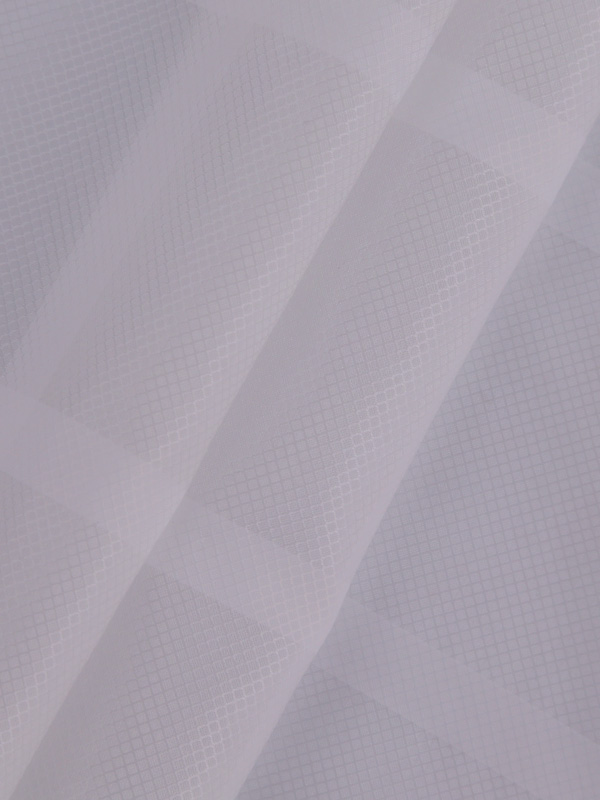Advantages and disadvantages of nylon fabrics
We are all familiar with nylon fabrics in our daily shopping for clothes and pants. But to get a clearer picture of the fabric of a garment, what kind of material is nylon? What are the advantages and disadvantages of nylon fabrics?
First, nylon is a man-made fiber, which is chemically a condensation polymer. It consists of carbon, hydrogen and oxygen, and then hexamethylenediamine and adipic acid are synthesized. These chemicals mix and polymerize into nylon. It is also often referred to as nylon or polyamide fiber. As a material for various structures, nylon is often widely replaced by traditional materials such as wood and metal.
The advantages of nylon fabrics:
1. Good toughness, strong compressive ability and high impact strength.
2. High fatigue resistance, can maintain the original mechanical strength after repeated twists and turns. Therefore, it is often used in materials with obvious periodic fatigue such as elevator handrails and bicycle plastic rims.
3. Small friction coefficient and smooth surface.
4. Alkali resistance, strong corrosion resistance. Therefore, it can be used as packaging materials such as fuel and lubricating oil.

Disadvantages of nylon fabrics:
1. Low heat resistance.
2. The ability to resist low temperature is weak.
3. Poor antistatic properties, as for clothes, avoid substances that are prone to static electricity.
4. The water absorption is poor, and the size is often unstable.
What is the material and feel of nylon cloth
First, nylon cloth is made of nylon. Nylon is a synthetic fiber and the first synthetic fiber. Nylon and polyamide fibers are another name for nylon. The advent of nylon made a major breakthrough in the textile industry. Nylon is mainly used for synthetic fibers. Its biggest feature is its strong wear resistance. Therefore, adding nylon to mixed textiles can greatly improve its abrasion resistance. In addition, nylon is often used in engineering plastics and is suitable for making wear-resistant parts, wear-resistant parts, etc. But at the same time nylon has poor heat resistance, moisture absorption and dyeing properties.


 English
English Chinese
Chinese



